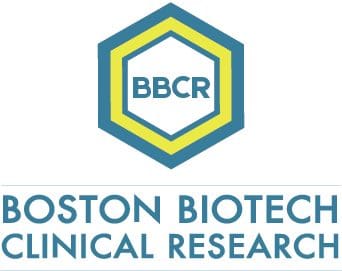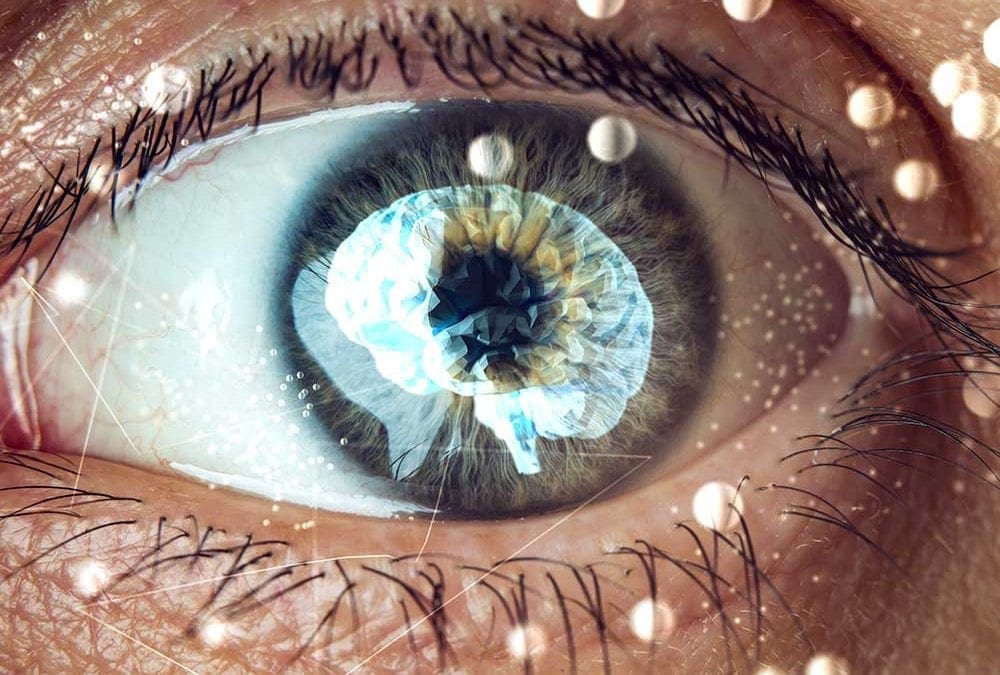Gene Therapy improved vision in patients with leber hereditary optic neuropathy (LHON)
By: Dr. Maria Niu
Mitochondria, powerhouses of eukaryotic cells, is a certain kind of cytoplasmic organelle and plays a critical role in energy production. Mitochondria dysfunction results in a broad spectrum of multisystem disorders. LHON is a mitochondrial neurodegenerative disease typically caused by mitochondrial DNA (mtDNA) mutation. The prominent clinical feature of LHON is severe subacute bilateral, sequential, painless, central vision loss.
In Science Translation Medicine, a recent clinical study reported that LHON patients treated with gene therapy in one eye gained better sight in both eyes (DOI: 10.1126/scitranslmed.aaz7423).
In this randomized, double-blind, multicenter, phase 3 study, 37 LHON patients were enrolled and received rAAV2/2-ND4 injection or vehicle control in the right eye. Surprisingly, both eyes’ visuals were significantly improved in 29 patients (78%) after a 96-week follow-up.
To further investigate how the single inject affects both eyes, the authors injected the rAAV2/2-ND4 virus into one eye of three monkeys. Viral DNA was detected in the untreated eye and optic nerve, indicating the viral vector may induce the wild-type protein expression and improve vision in the untreated eye.
To date, the therapeutic options are still limited and less efficient for LHON therapy. The founding of this clinical study provides prevailing insights for LHON treatment.
#LHON #GeneTherapy #Mitochondria #mitochondrial #DNA #vision

Specializing in rare disease, Boston Biotech Clinical Research works with biotech, pharmaceutical, device companies and investors to streamline the clinical trial process. Our experienced team helps each client reach their specific goals by customizing a clinical and regulatory road map of simplified programs and streamlined protocols to meet our clients’ requirements.

